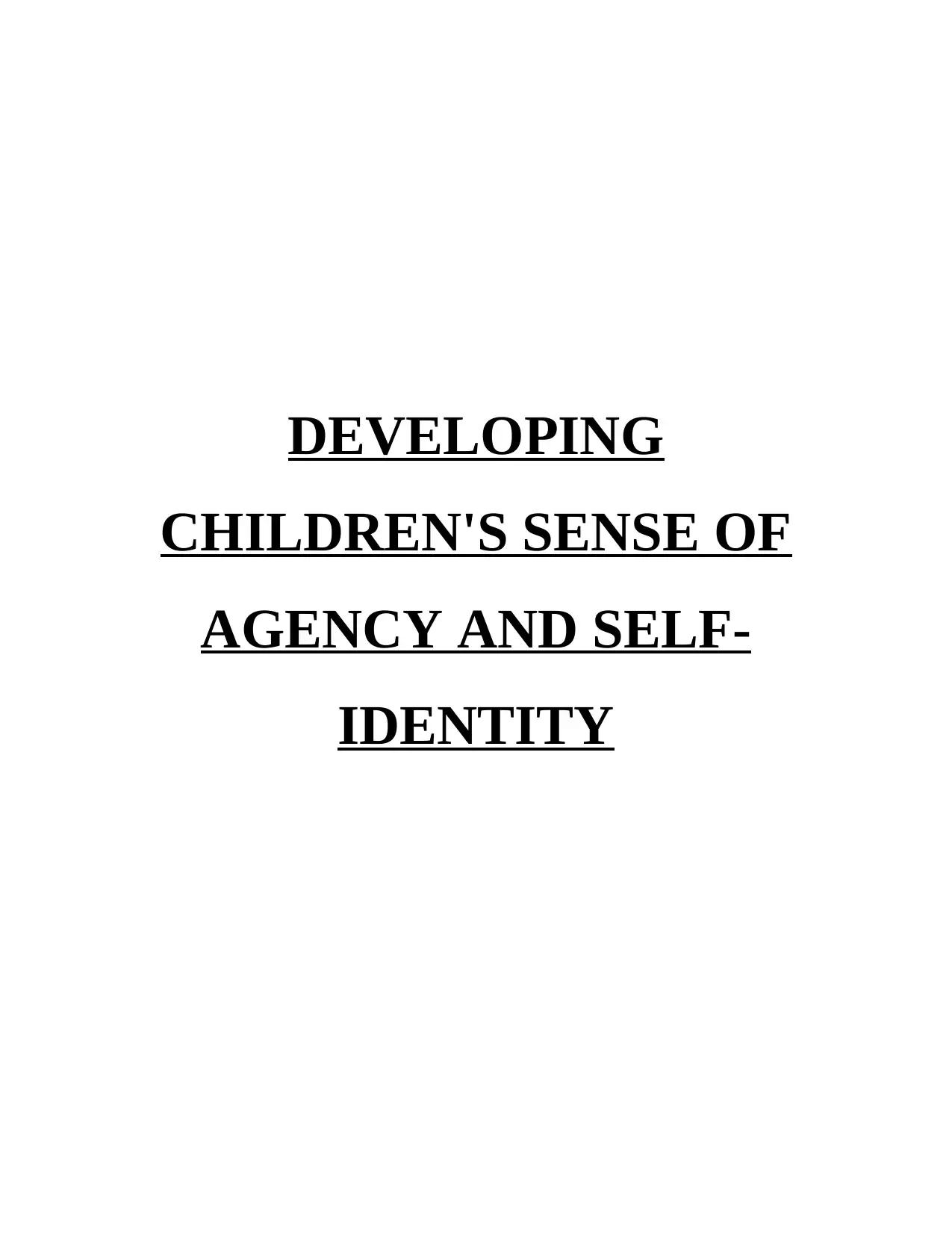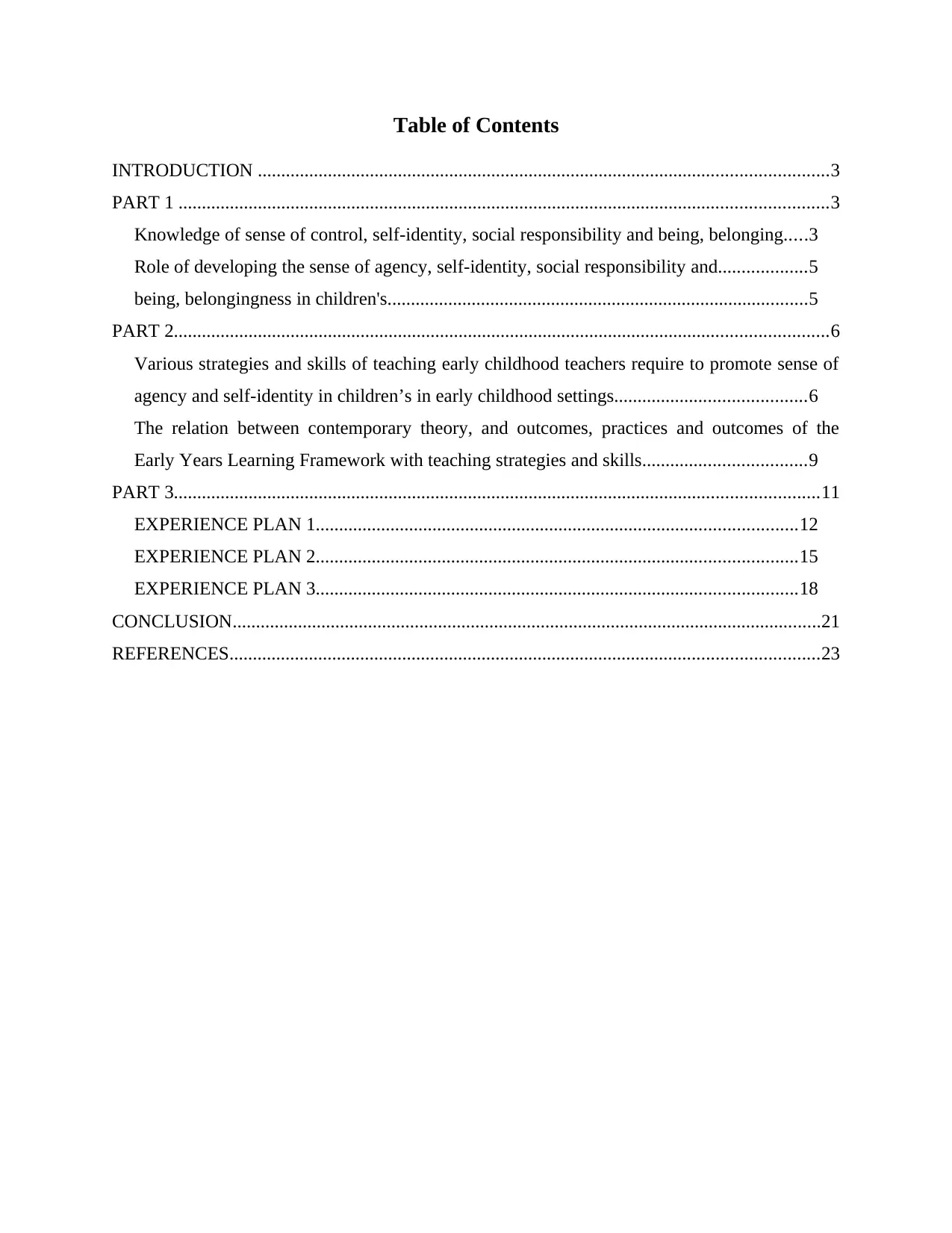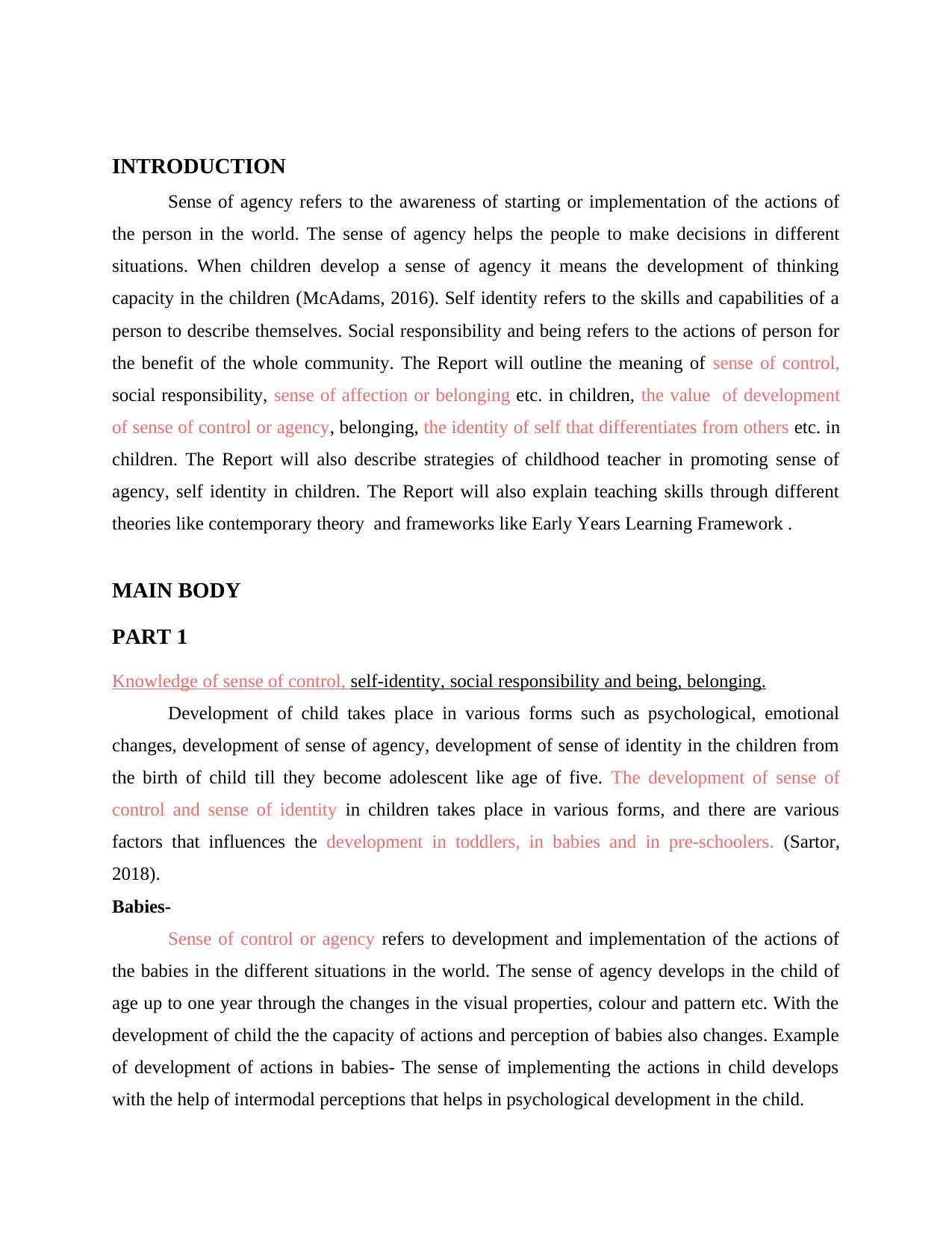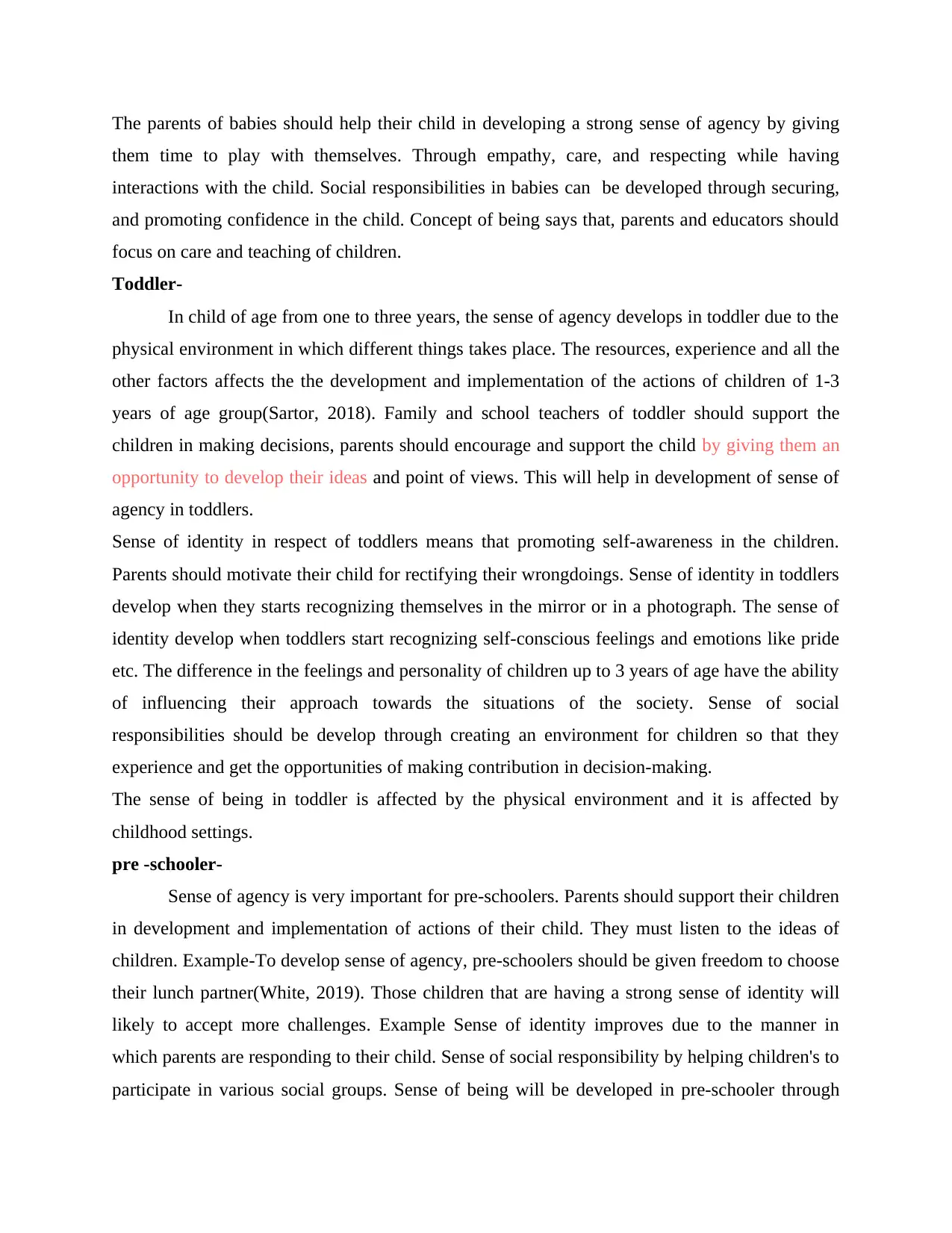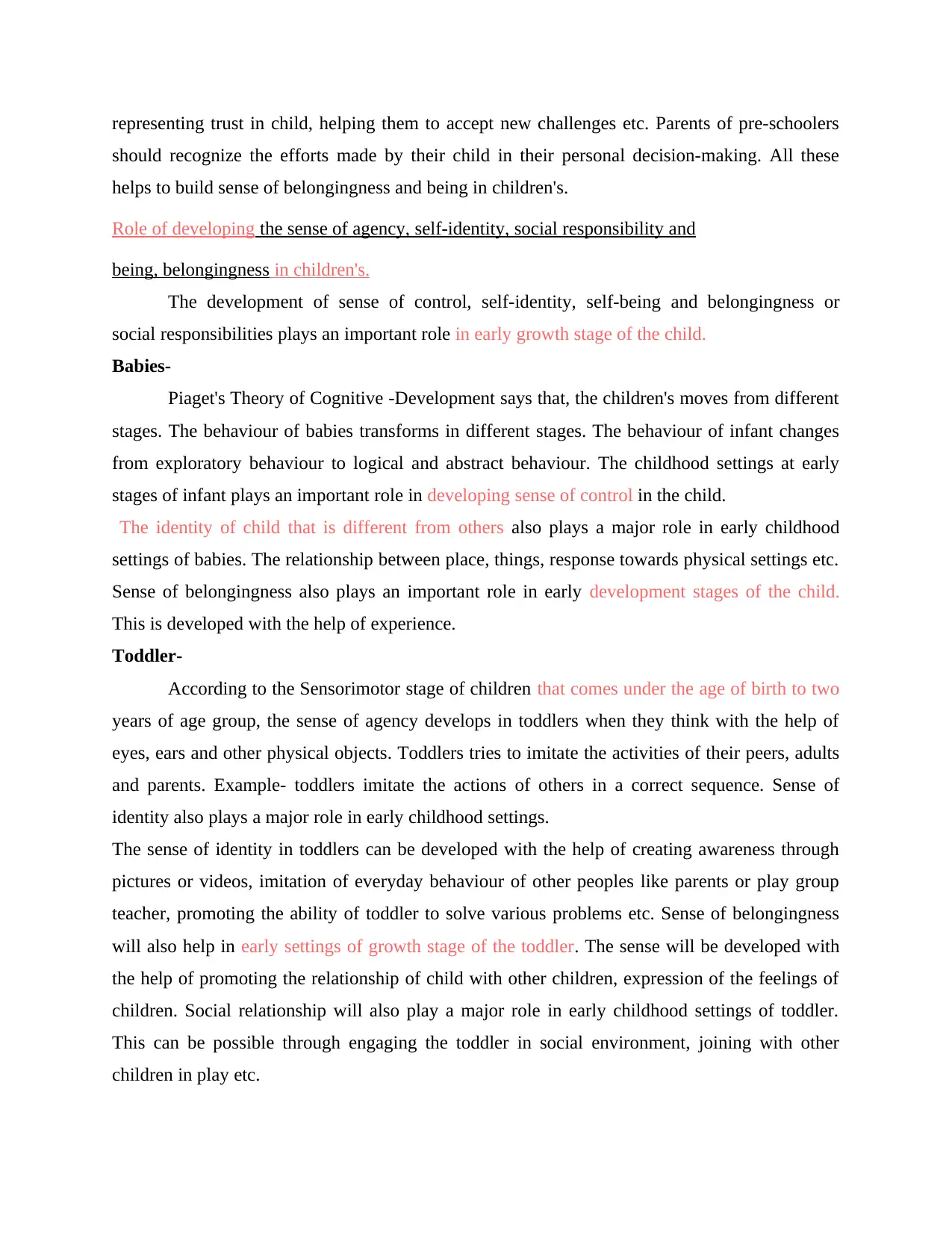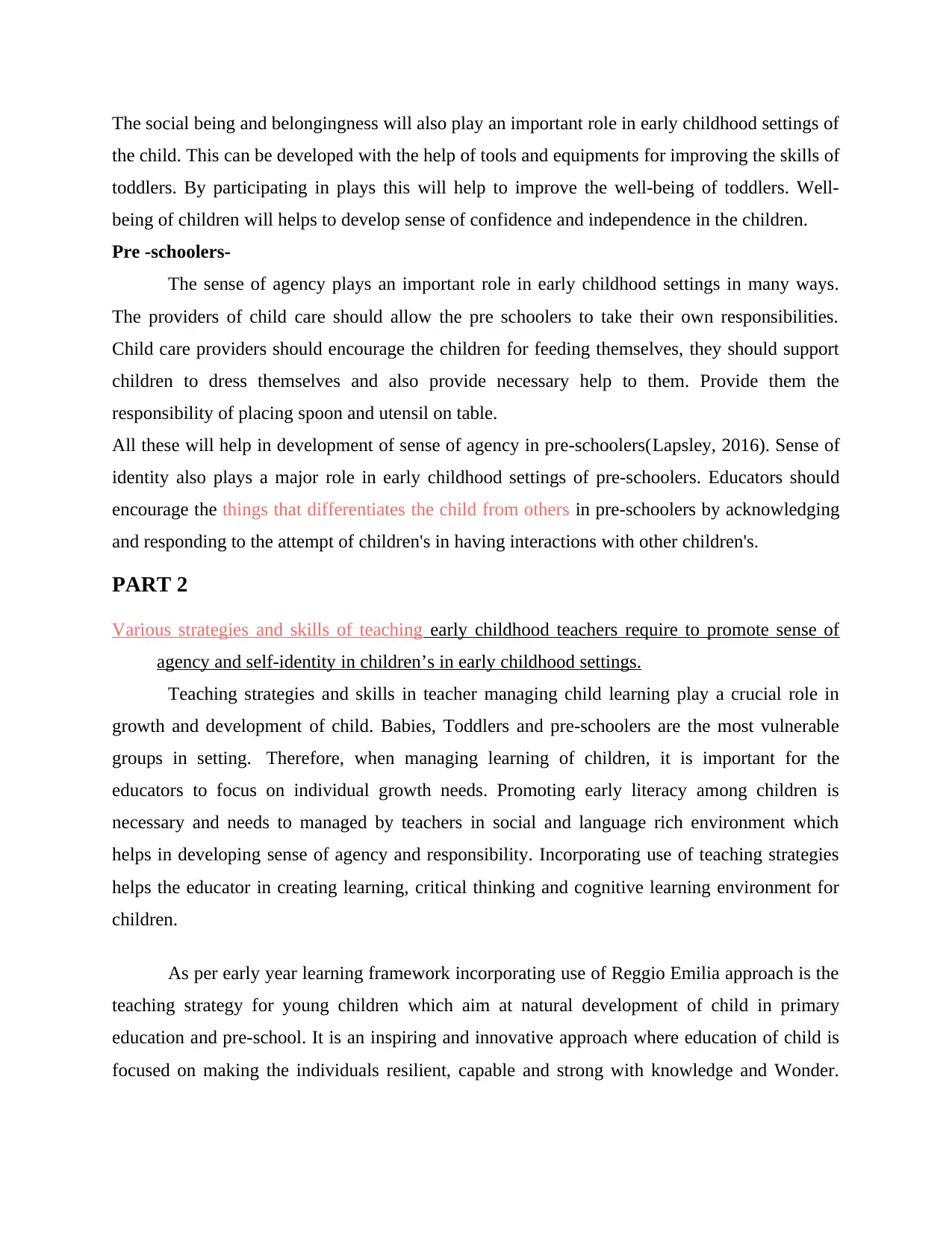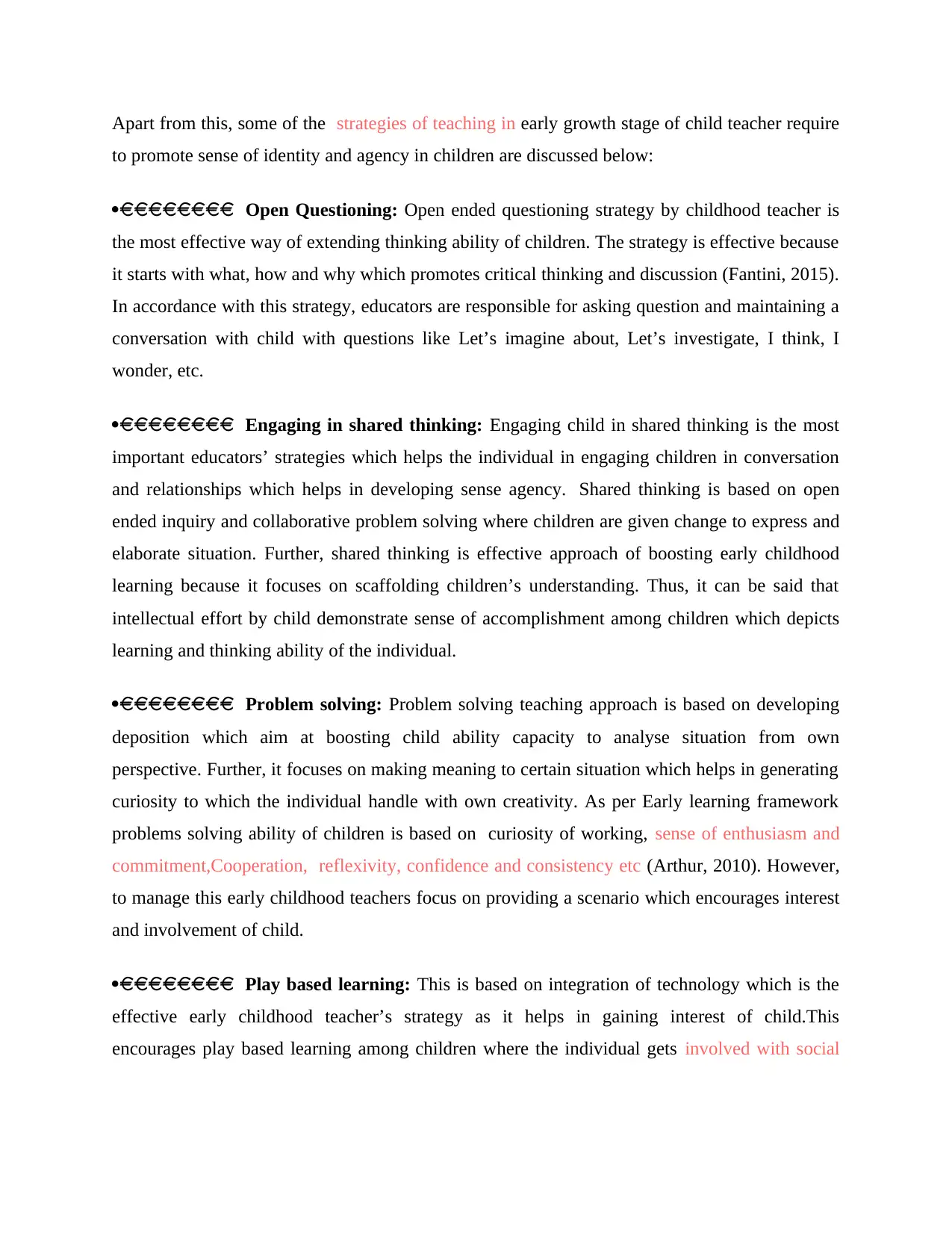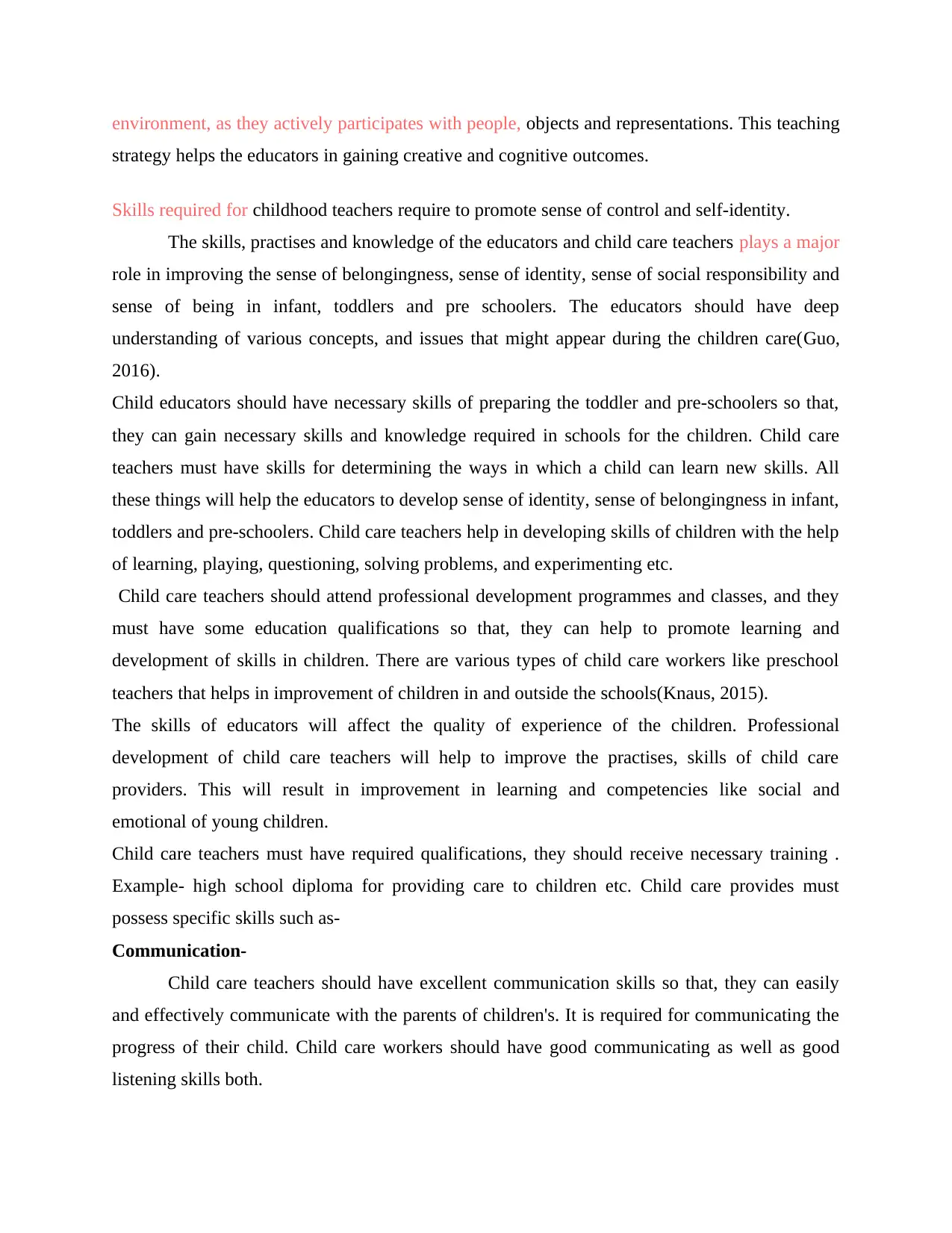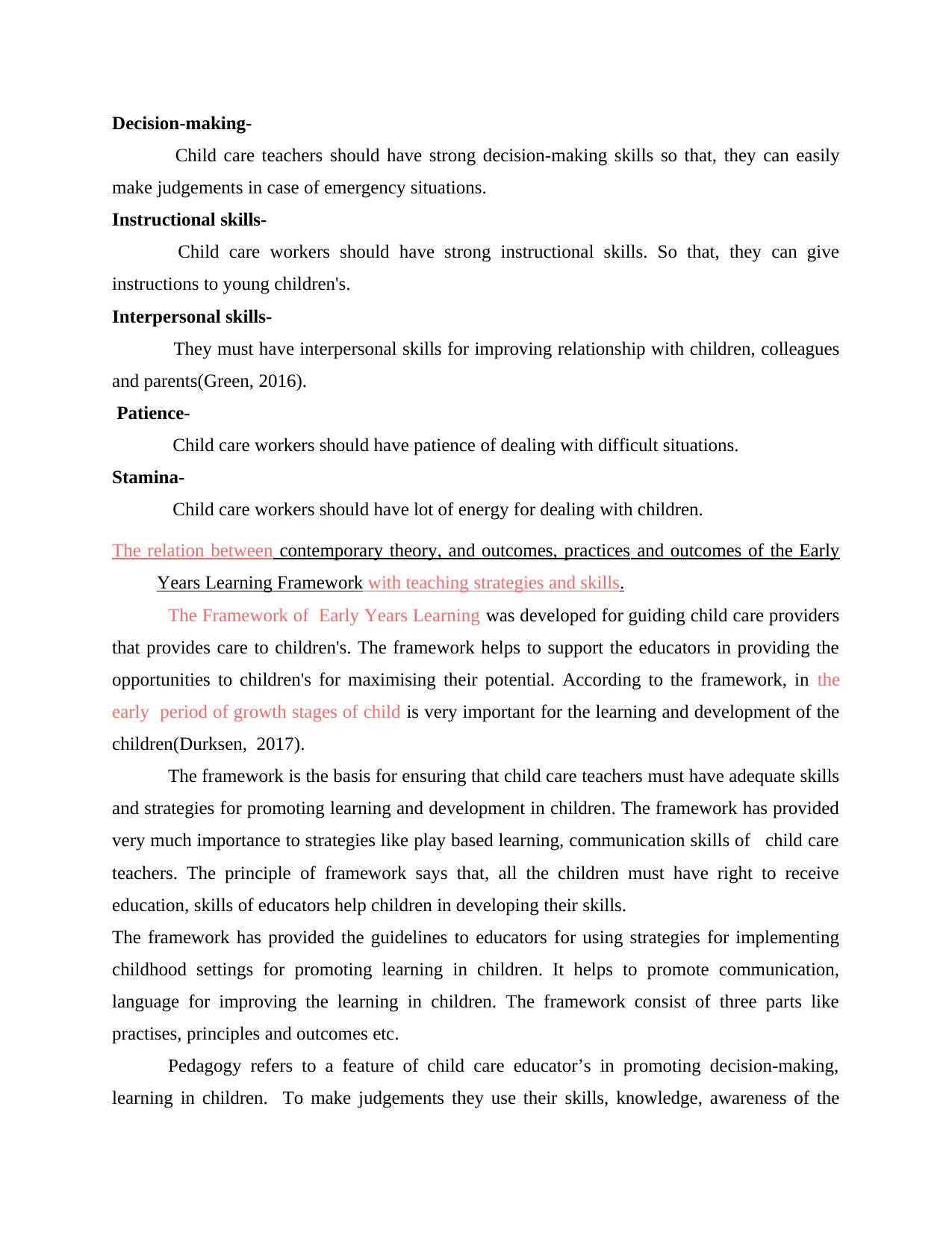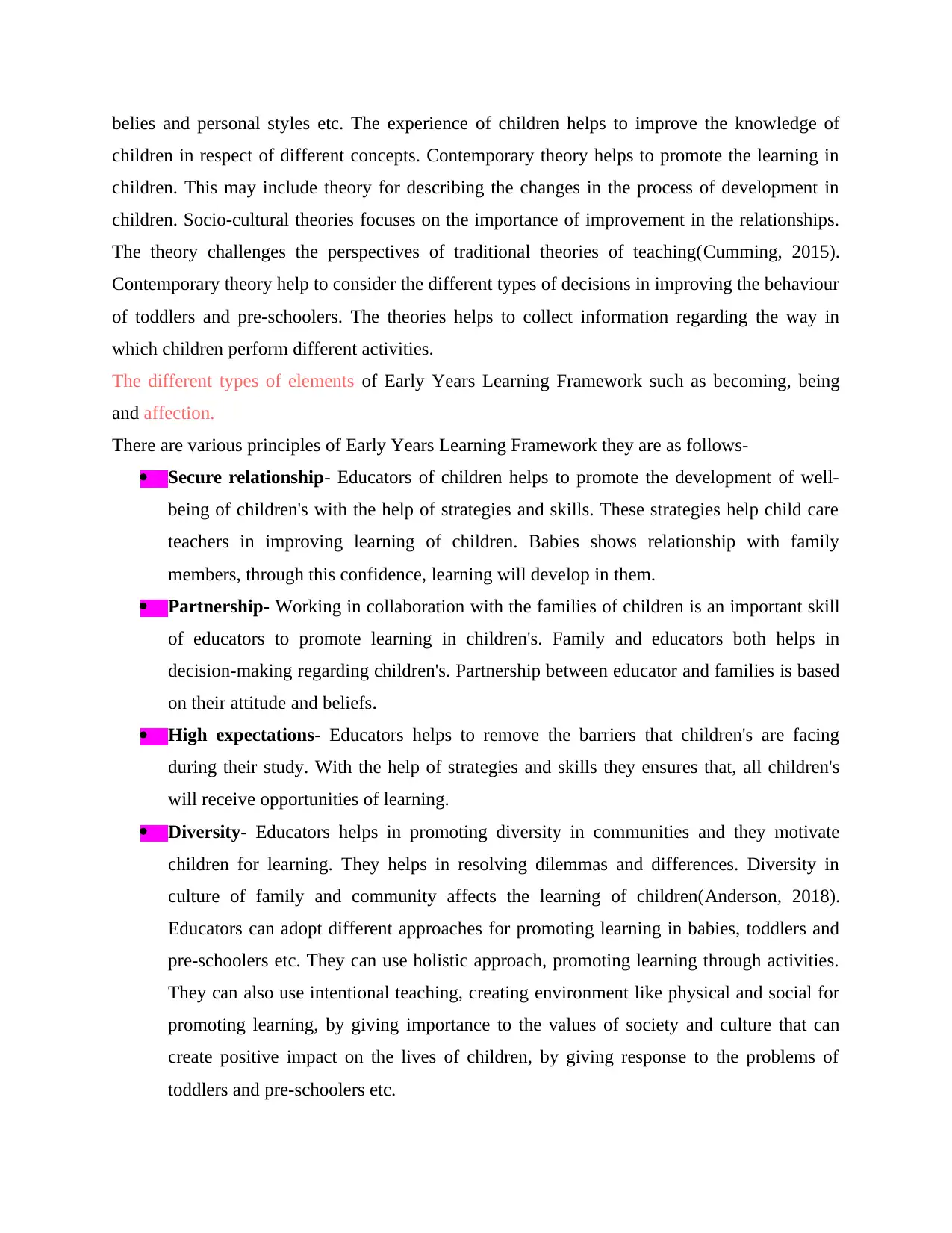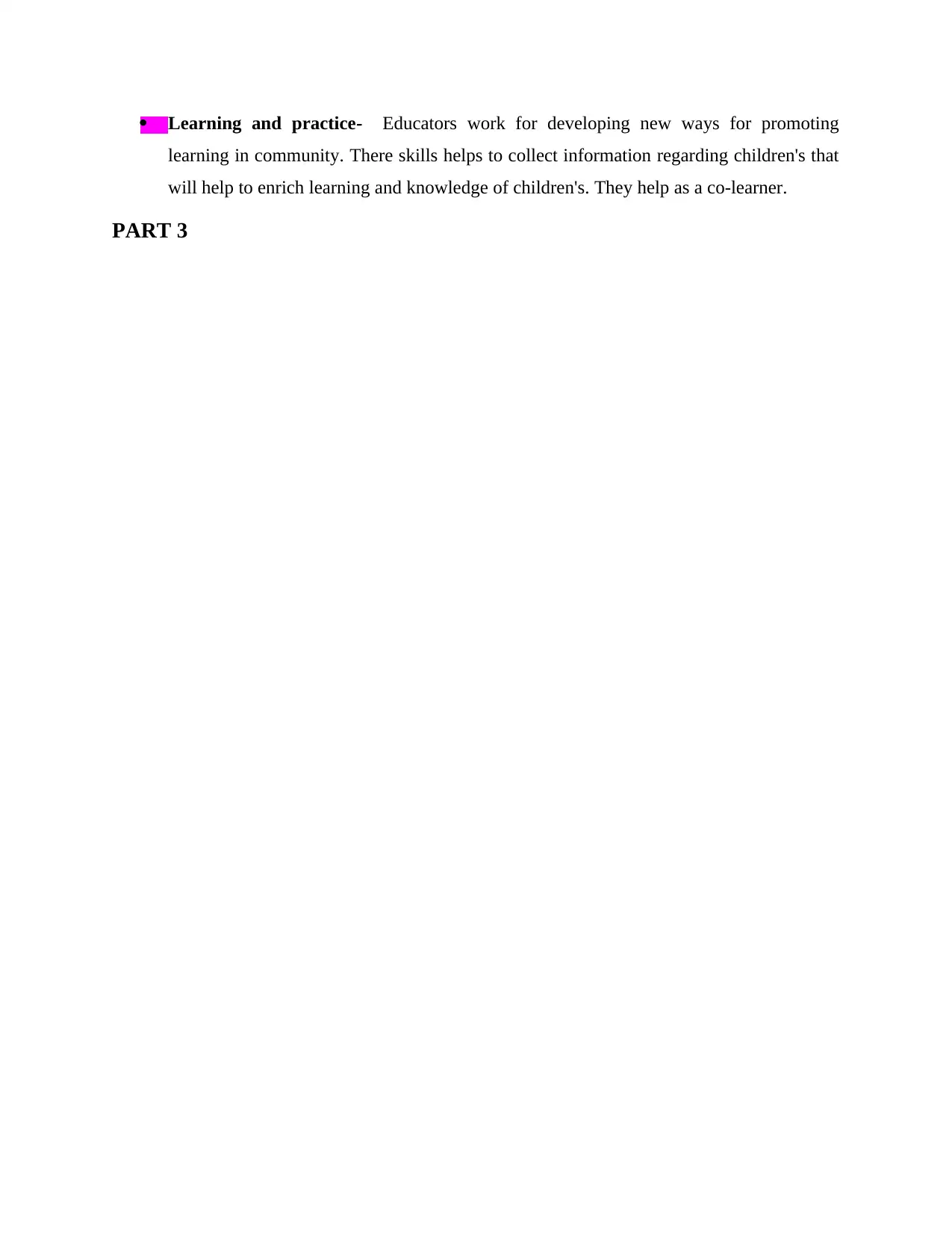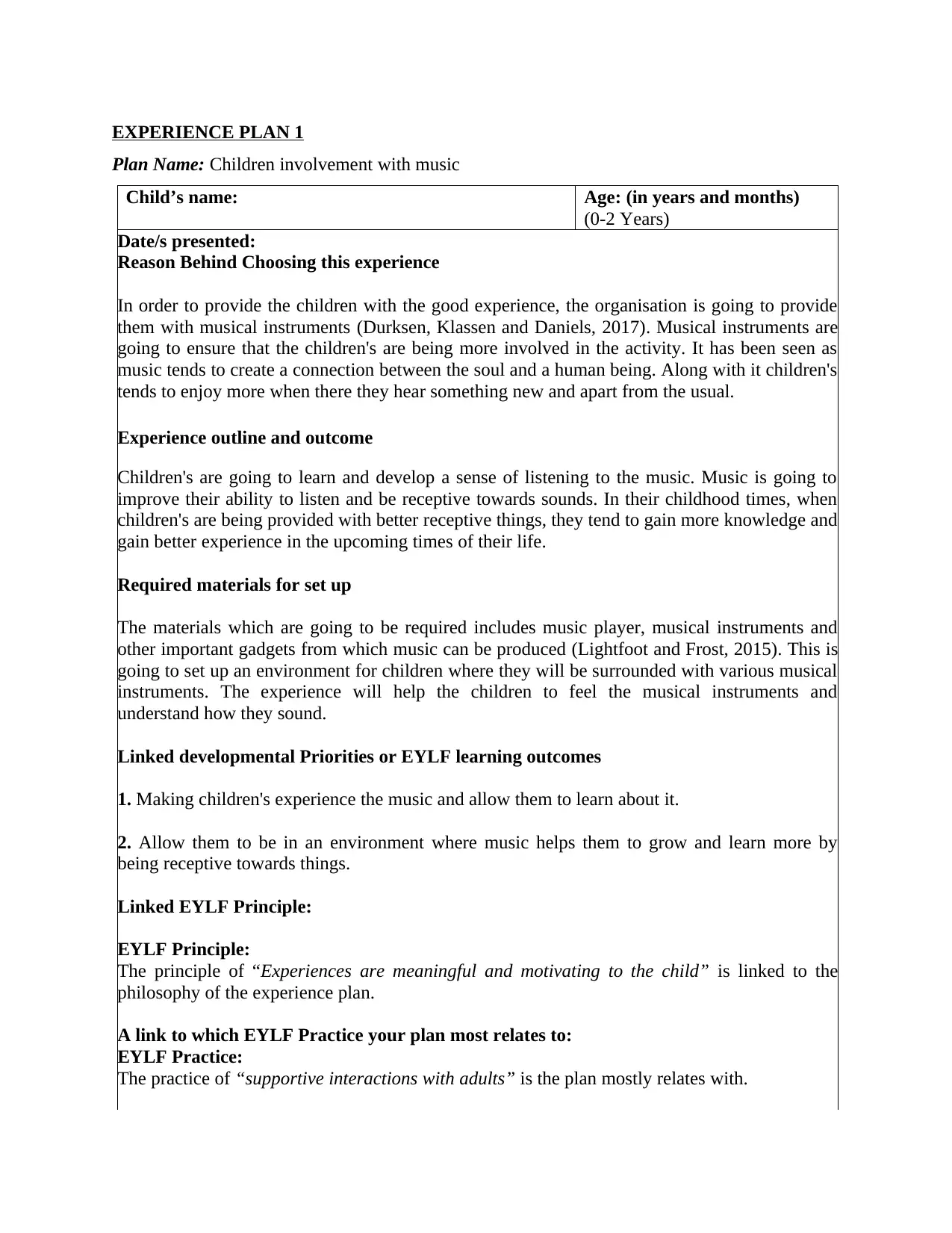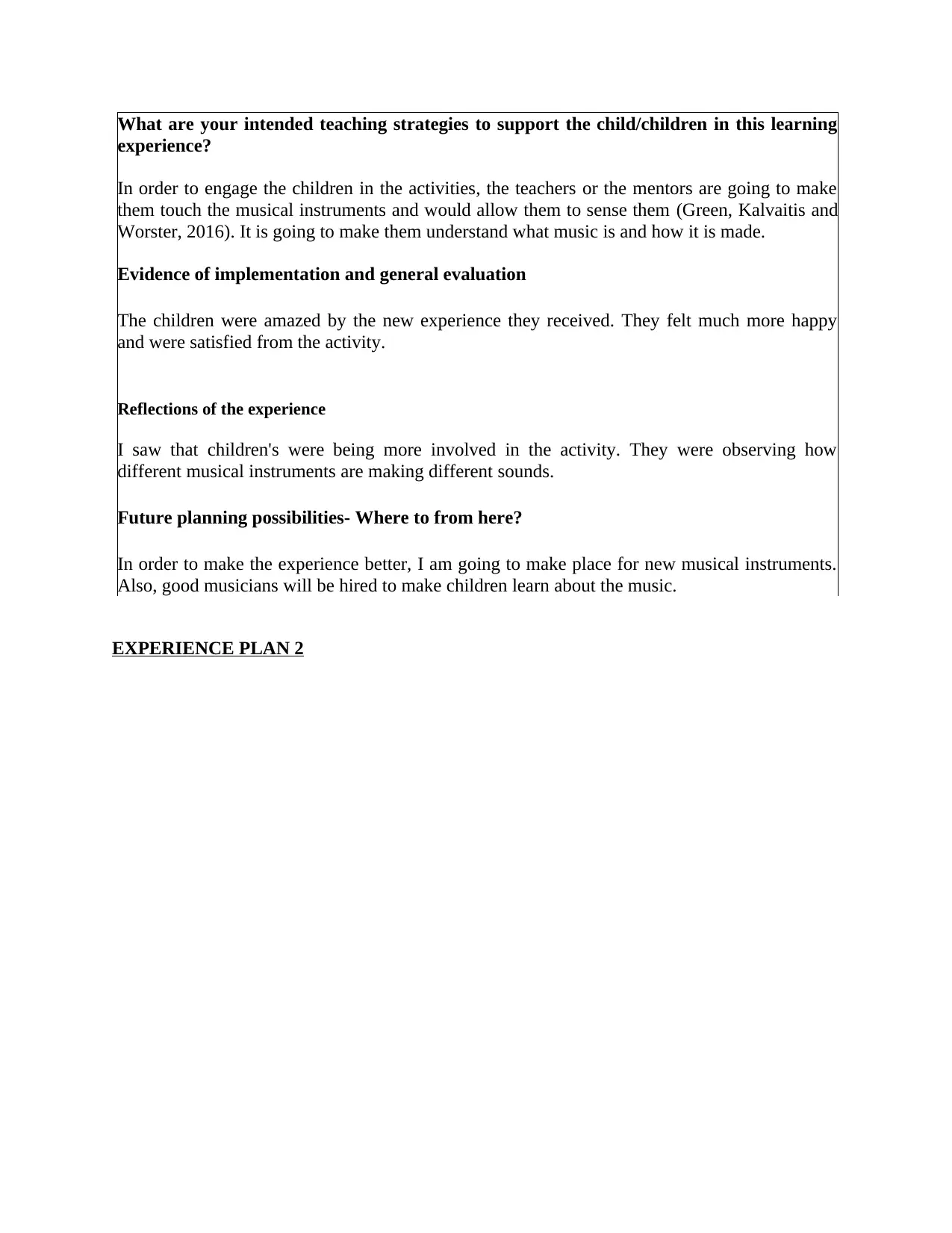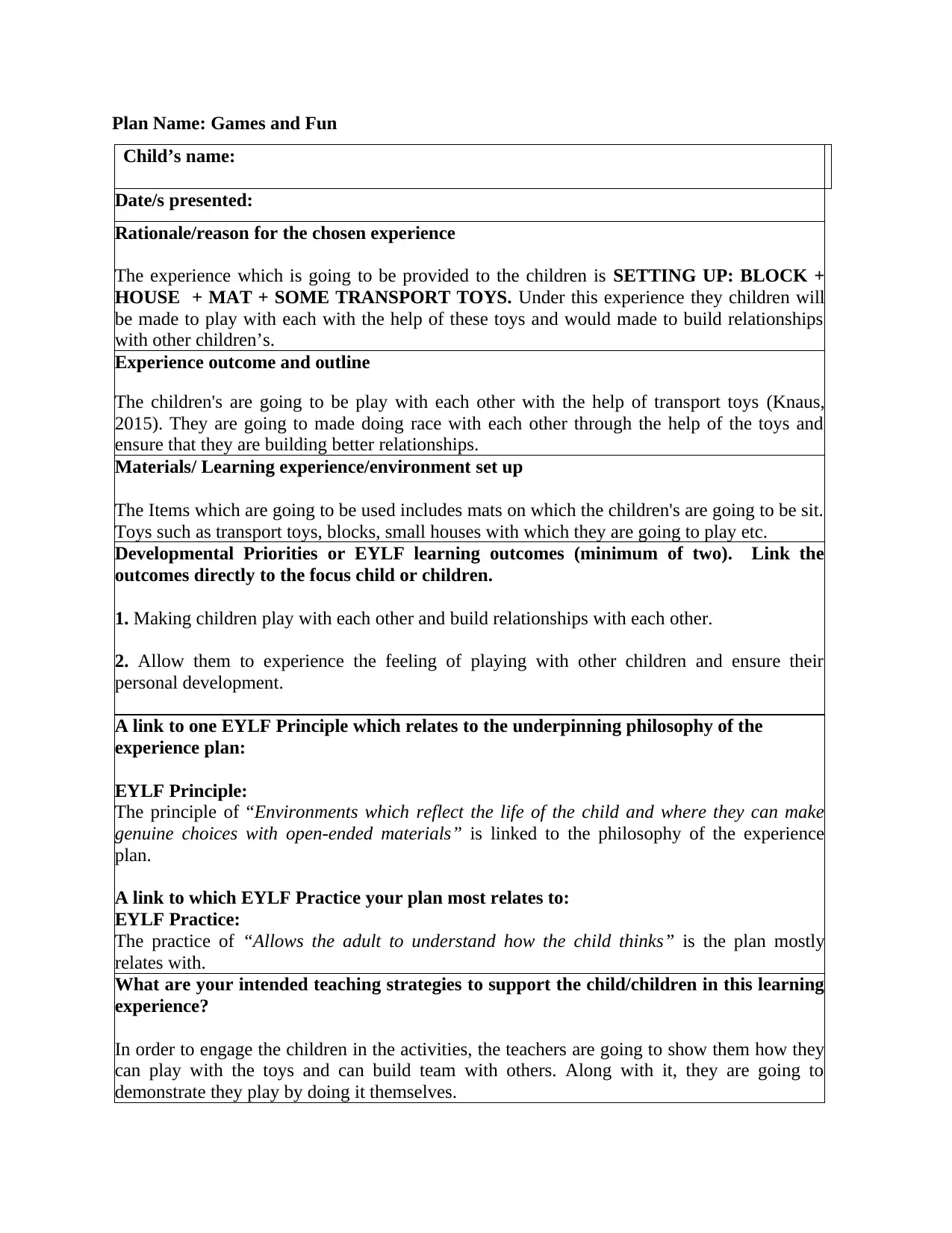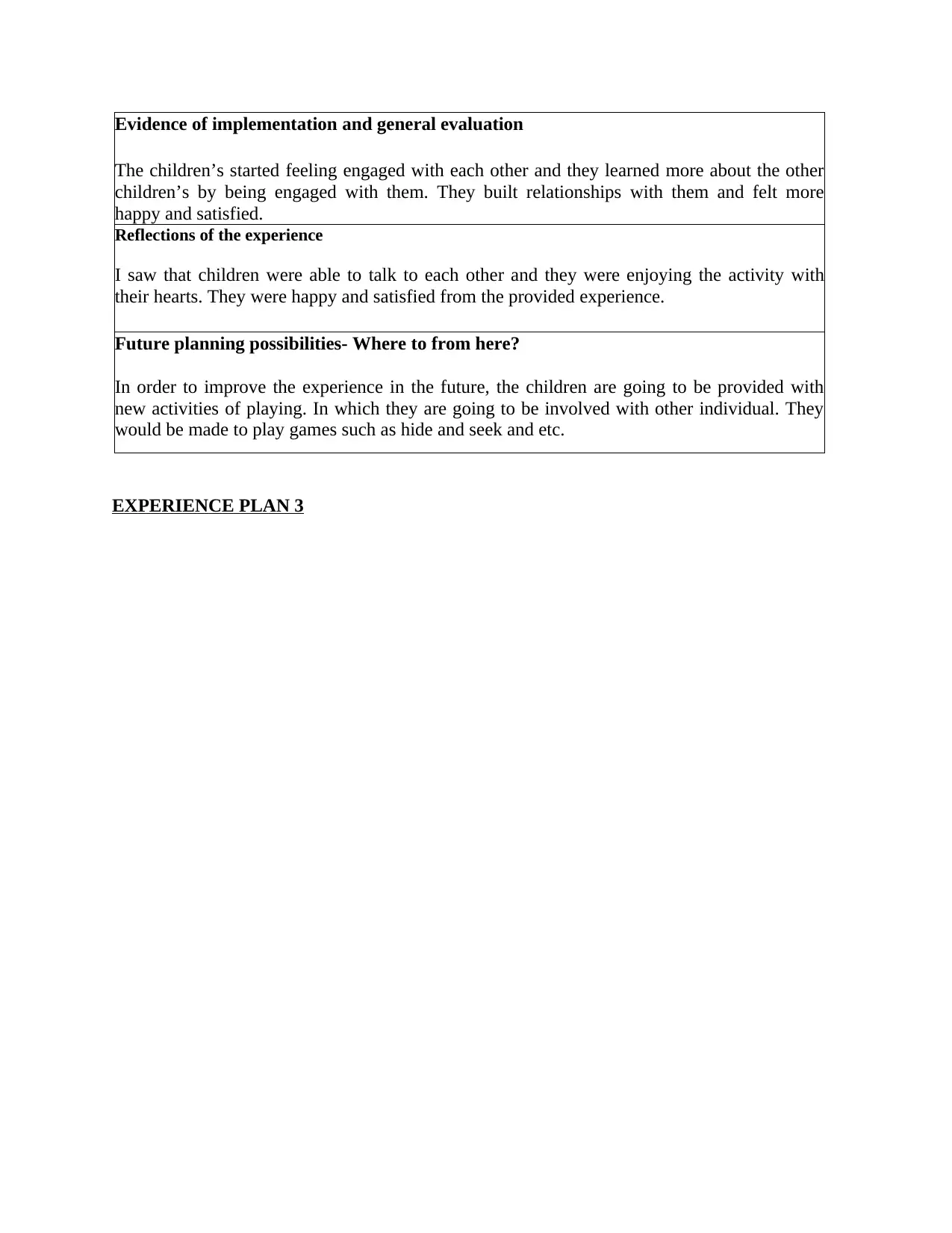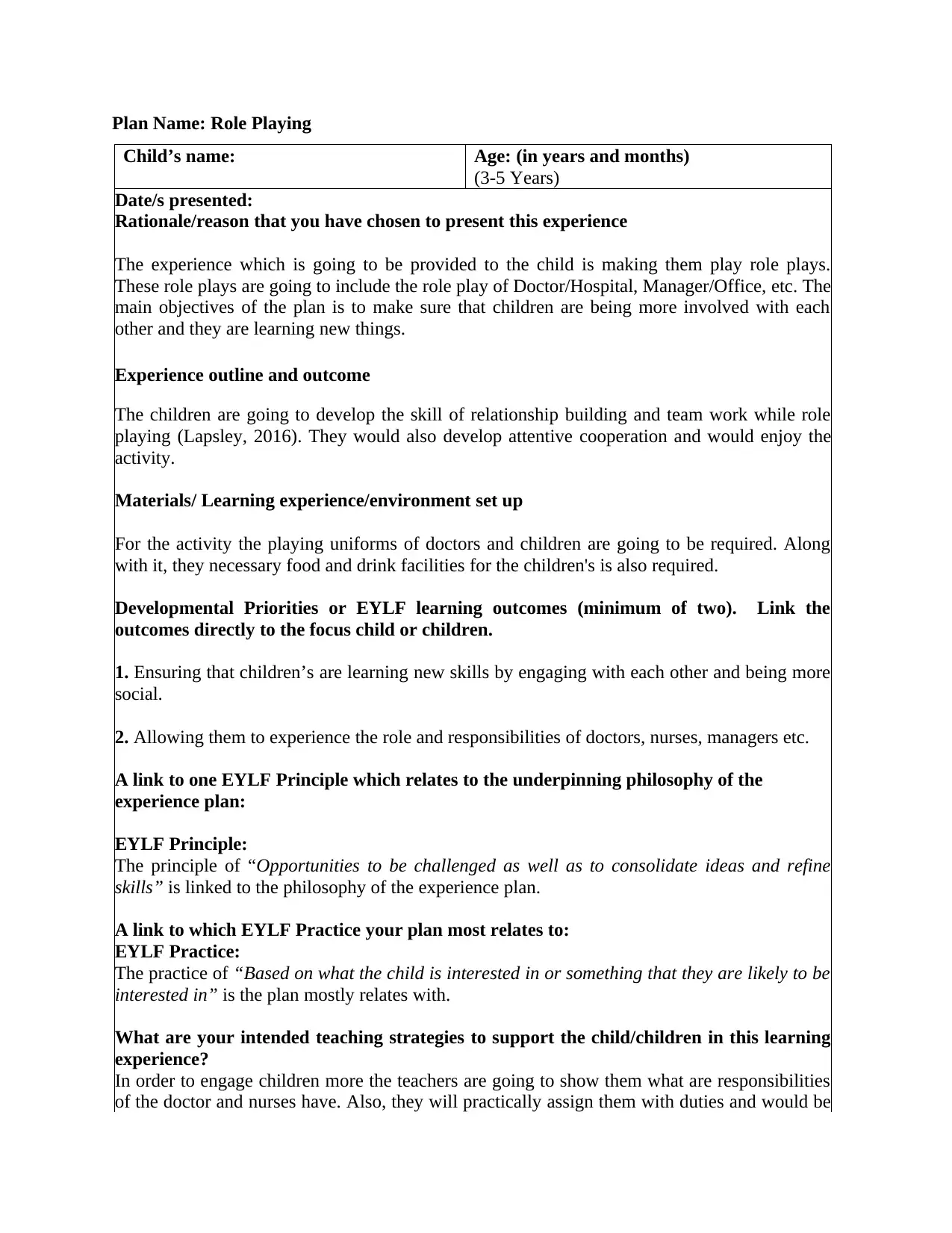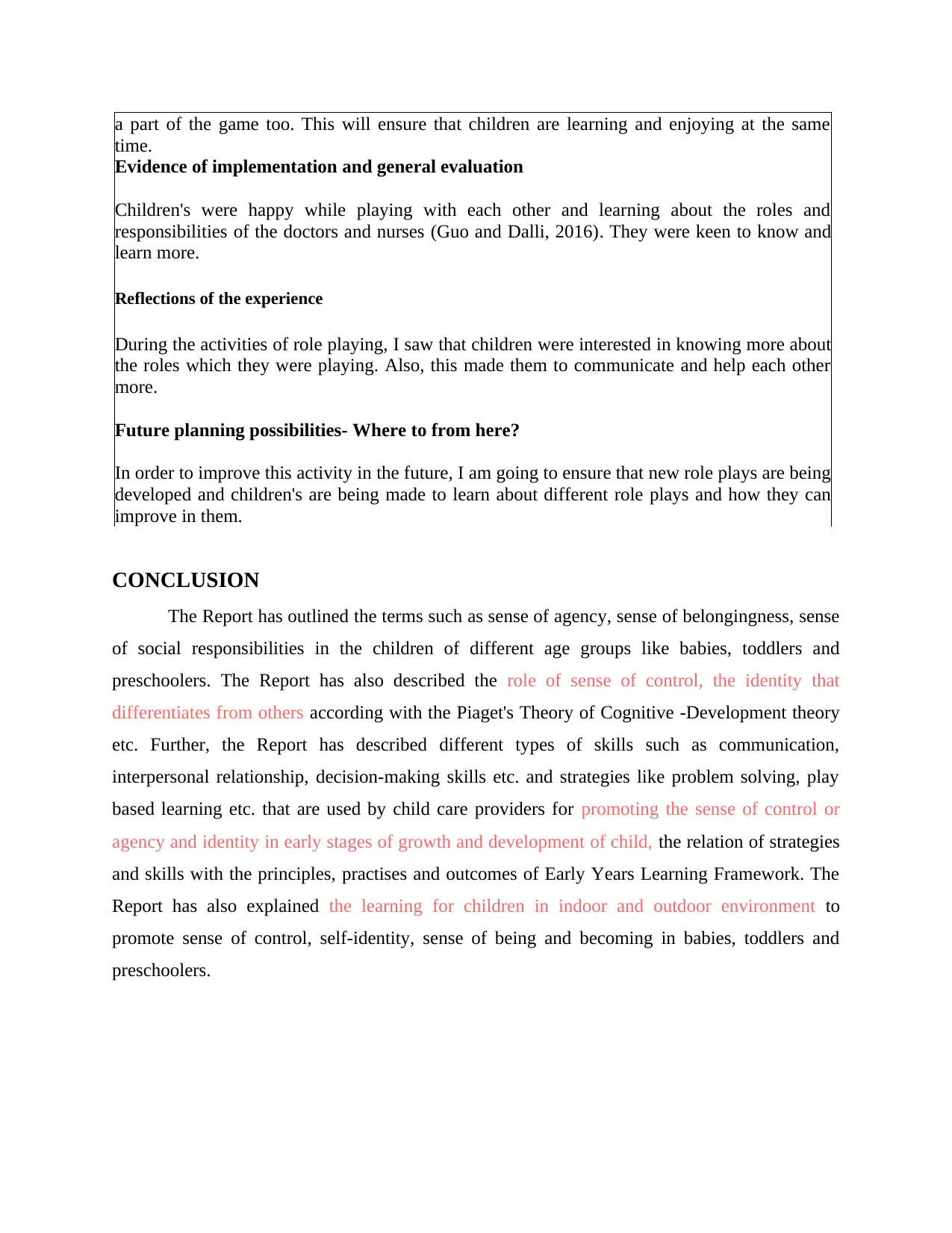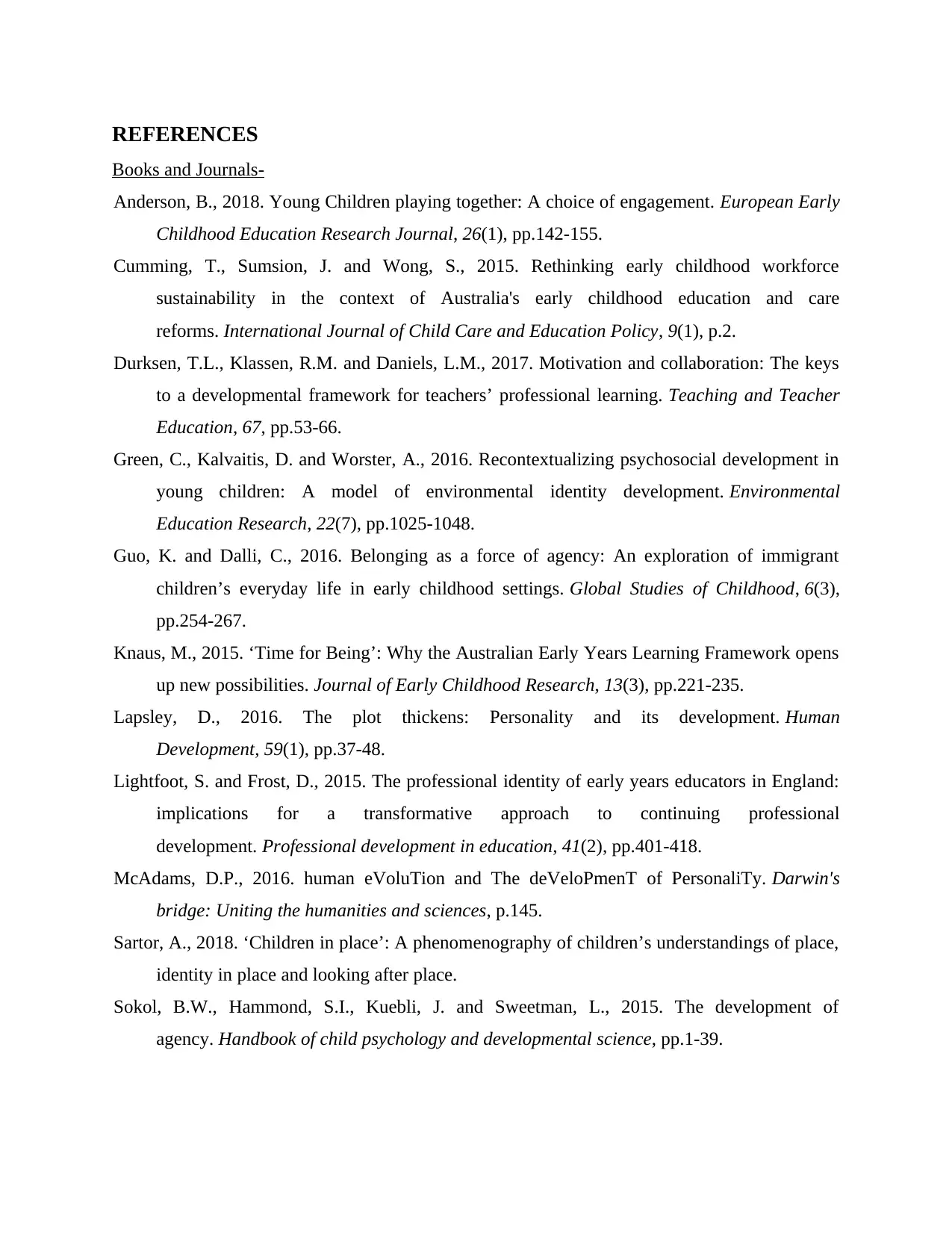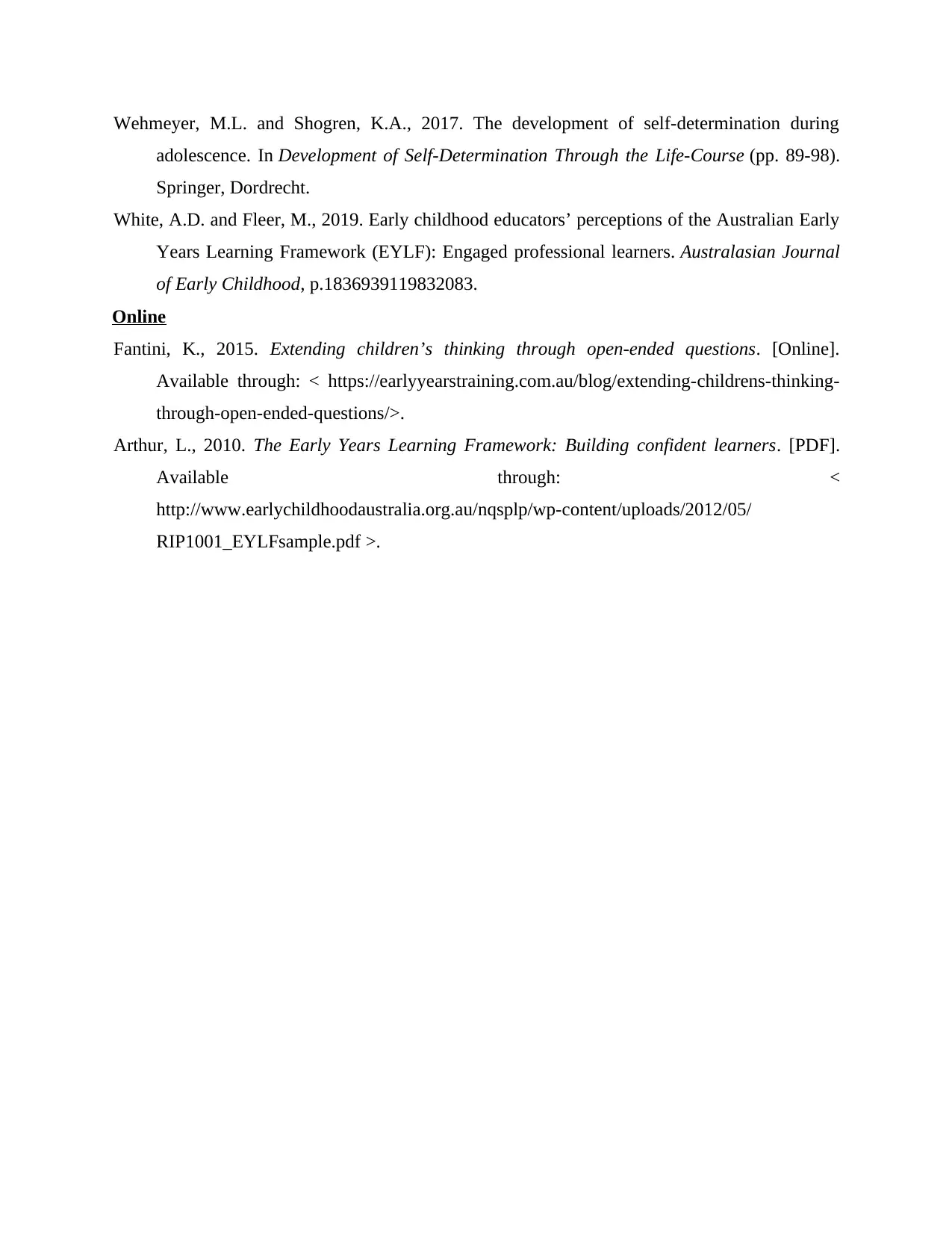This document discusses the importance of developing children's sense of agency and self-identity. It explores the knowledge of sense of control, self-identity, social responsibility, and being, belongingness in children. The document also outlines various strategies and skills that early childhood teachers can use to promote sense of agency and self-identity in children. It emphasizes the role of sense of control, self-identity, social responsibility, and belongingness in children's development. The document provides insights into teaching strategies like open questioning, engaging in shared thinking, problem solving, and play-based learning. It also highlights the skills required for childhood teachers to promote sense of control and self-identity in children.
![[object Object]](/_next/static/media/star-bottom.7253800d.svg)
![[object Object]](/_next/static/media/star-bottom.7253800d.svg)
